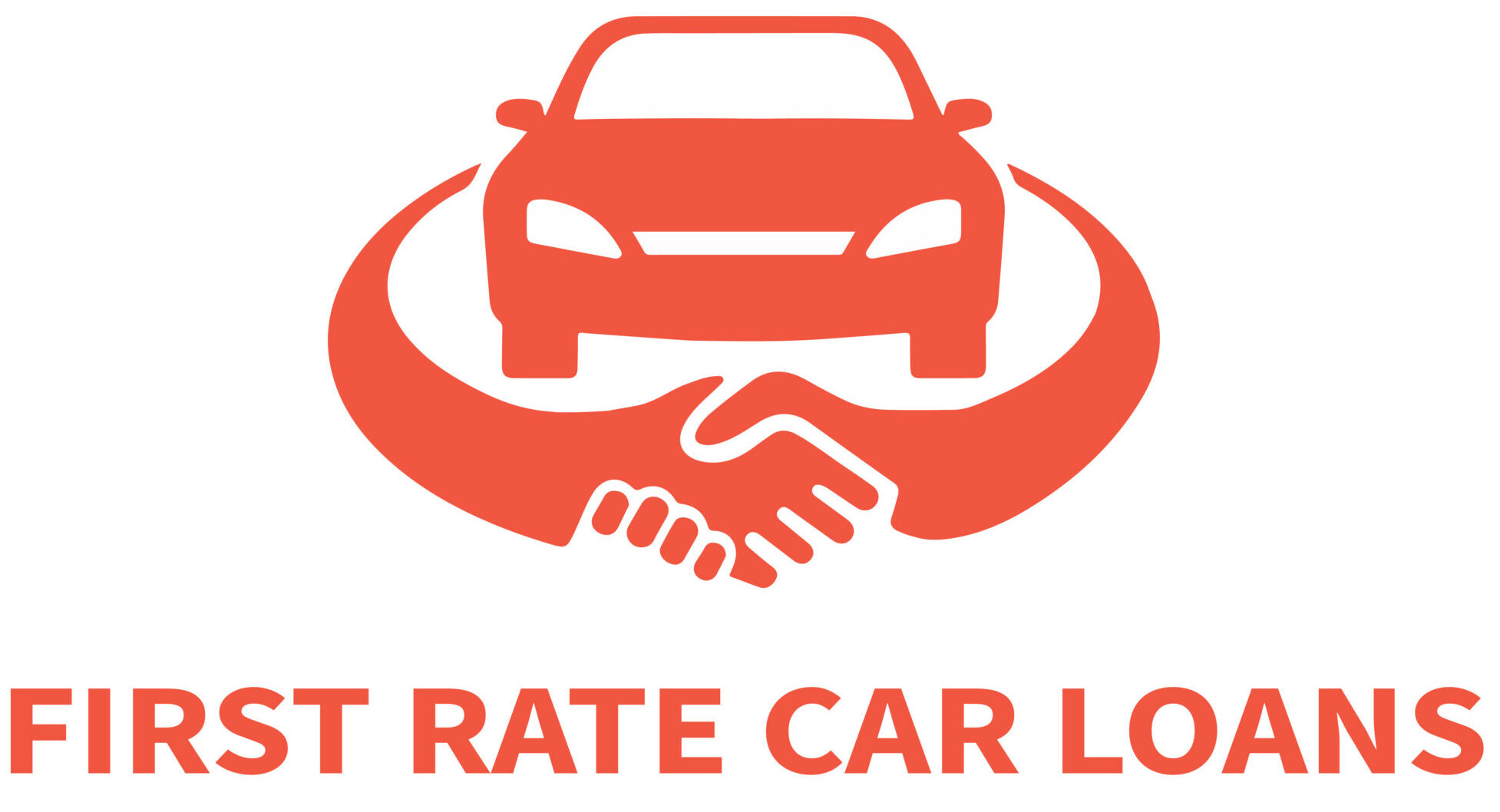We adhere to strict editorial standards when evaluating our research, ratings, and reviews. This site receives compensation for partners through affiliate partnerships. However, it does not impact our ratings. Visit our Advertiser Disclosure to learn more about how we earn money.
New year, new you. That’s what many people think when they flip the calendar to a brand new year. We’re here to share our top personal finance tips for 2023.
It’s important to note that there is no right time to get your finances in order.
Even if we aren’t aware of them, we all have financial goals on the backs and fronts of our minds. These are all financial goals if you want to retire in style, throw a big wedding party, or own your vacation home.
The “can be” is because the goals are not confirmed until you try to achieve them.
How do you get from daydreaming of financial success to attaining it? There are many ways to achieve financial success. It is the most important thing to do.
We’ll give you some personal finance advice to help you start in 2023. Capital personal finance experts have shared their best advice with us and some of our own. We’ve gathered a wide variety of advice, from simple steps to help you get started to significant financial changes.
Spending your money: Know where it goes
Qapital: “First, you need to know where your money goes!” We like to use the sunlight method. “We like to say ‘use the sunlight method.’
Research shows that we change our behavior when aware of being watched. Qapital says that the same principle applies to money. Put your spending out in the open and protect yourself. Look at your bank account statement to see what you can reduce. Look for areas where you can reduce spending. That delivery week was not as satisfying as you thought, or the new coat isn’t worth it. Prioritize needs and wants. Go over your list, and question/think about each expense.
Understanding your debts
Qapital says understanding your debts is a “crucial” stop on your journey to financial wellness. “Nearly every person will deal with debt at some point—whether it’s a student loan, a car loan, a mortgage, or credit card debt. Determining how the debt impacts your life and understanding where it comes from is the first step to working towards your repayment goals.”
Qapital recommends starting with your loan. Understanding your interest rates and payment schedules will help you create a sustainable plan.
Credit score building
It’s also the basis for the most searched personal finance question: “What is a good credit score?” And we answered this question in a recent I>Weekend Tea/I> newsletter. This is also the foundation for the most frequently asked personal finance question, “What is good credit?” We answered this question in our Weekend tea newsletter.
For those who have not become subscribers, here is the abbreviated version: “Credit score ranges from 300 to 850. The higher the score, the better. What is a ‘good score’? Experian provides the following guidance: “580 to 669 is considered fair; from 670 to 739 is considered good, 740 to 799 is considered very good, and 800 or more are considered excellent. ‘”
You can improve your credit score by building good credit. This can be done by paying on time for utility, student, and car loans. Open a starter card, and make on-time payments. Maintain a low ratio of credit utilization (carrying a balance much lower than your limit), and keep a regular eye on your credit reports to ensure you are not a victim.
You should have an emergency fund
“Emergencies—and the unexpected bills that come with them—are one life’s unfortunate certainties,” Qapital says. “Although you can’t always prepare for what’s to come, you can prepare to be financially ready. Put small amounts away each paycheck for your emergency fund. Future you will thank you later.”
You can track the due dates of your bills
Ever ask yourself, “Where is all my money going?” If so, you probably need to track your bills. “Seeing a large sum of money comes out of your account can be jarring if you’re not expecting it and have negative effects on your short-term or long-term budget,” Qapital says. “Get ahead of this by tracking the due date of your bills each month alongside your income.”
Consider an HSA
HSAs are a great way to save money for future medical costs and pay current bills. They also reduce your tax liability. You can use the money you deposit into an HSA account at an HSA provider to pay for qualified medical expenses such as doctor’s appointments, hospital stays, prescription medications, and more.
HSAs can be used for retirement or. They are portable and go with you if you switch jobs or insurance plans. A health savings account can significantly supplement your retirement contributions or save for long-term healthcare costs.
Travel on a budget
Qapital believes that travel has many benefits. Travel is a great way to experience new cultures, see beautiful places, and push yourself out of your comfort zones.
The good news is that many travel methods within a limited budget exist. Plan your trip and set alerts for the best deals on your phone. Booking ‘unusual days’ like Wednesday-Wednesday instead of Friday-Friday can save you a lot. Low demand means cheaper flights. Consider traveling to popular destinations during the off-season using apps such as Hopper.
Limiting ridesharing/paying to transport
You can only sometimes put this to work: Sometimes, Uber is your only (or safest) option. But sometimes, you can save money and get to where you’re going safely using public transit or walking to your destination. “Incentivize yourself by linking your Uber/Lyft app to a financial goal,” Qapital says. “How about every time you skip the Uber, you put that money into your savings account instead? You’ll see that savings start to stack up!




